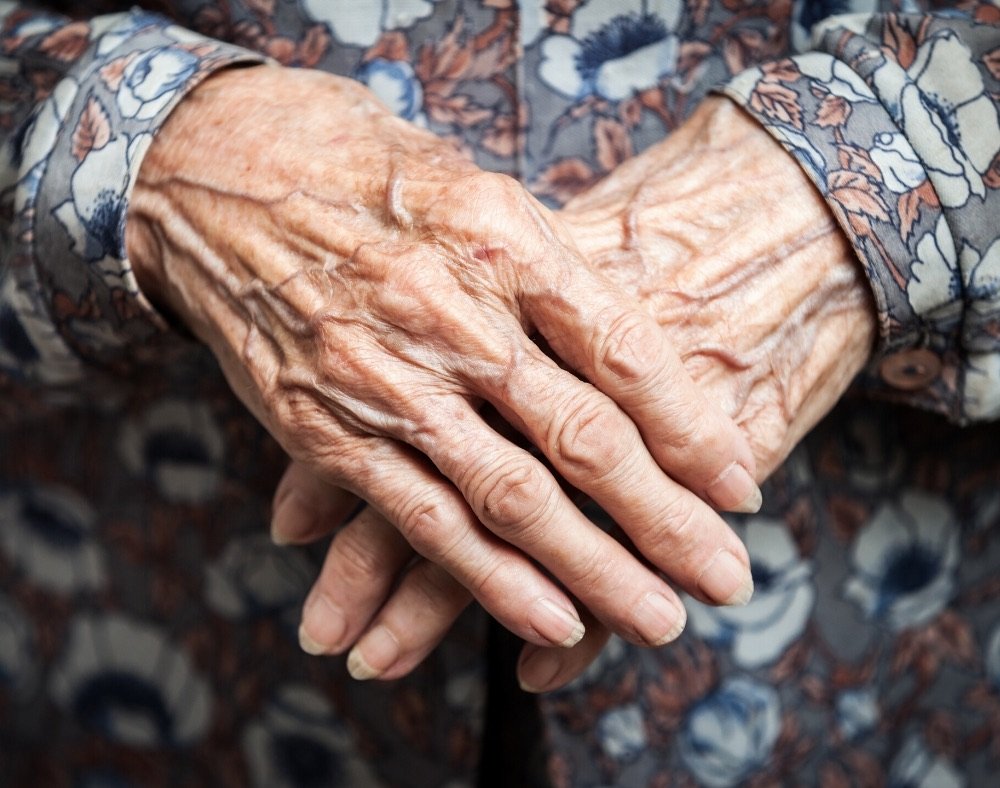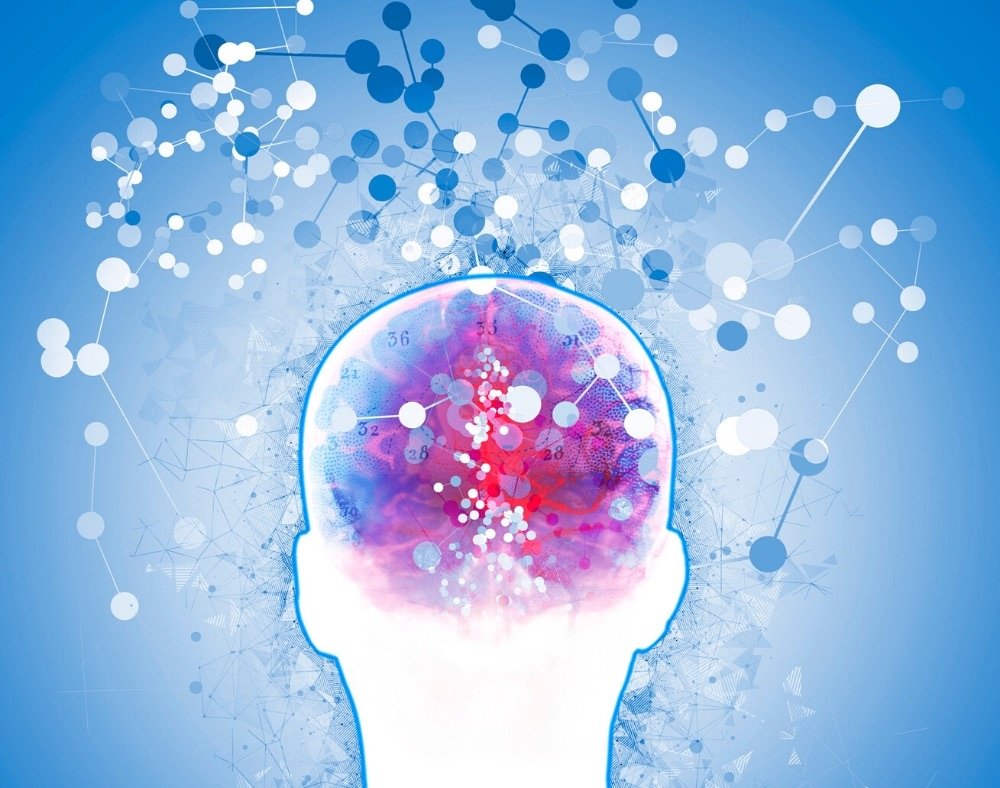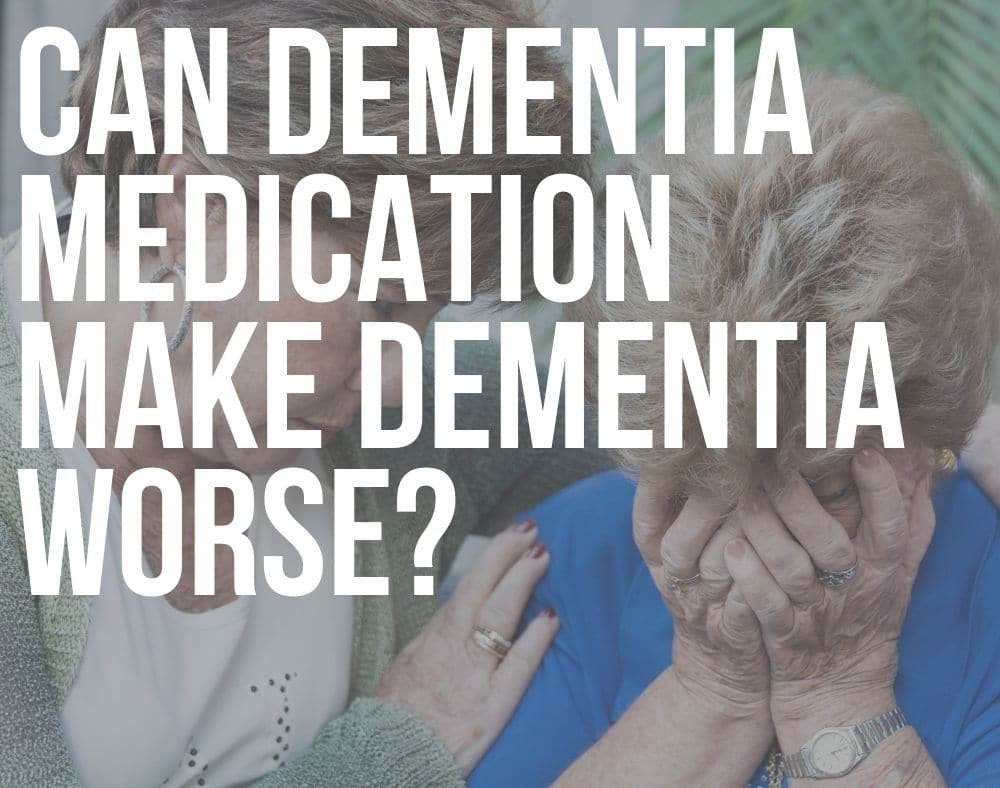A majority of people living with Parkinson’s disease (PD) end up with Parkinson’s disease dementia a year or so after diagnosis.
The Alzheimer’s Association reports that about 50-80% of people with Parkinson’s disease end up developing dementia.
It is primarily a result of the changes that happen to the brain because of PD affecting both the structure and chemistry of the organ.
Initially, Parkinson’s disease starts by affecting the region in the brain responsible for movement. It leads to a variety of symptoms like shakiness, shuffling, tremors, muscle stiffness, challenges with initiating movement, stooped posture and lack of facial expressions.
After some time, the changes in the brain may also start to affect other parts of the brain. Specifically, the ones that handle various mental functions, which can include memory as well as the ability to reason or pay attention.
Contents
Parkinson’s Dementia: Symptoms, Diagnosis, Treatment, and more
Essentially, persons with PD start to experience a decline in good sense and thinking.
The primary changes that happen to the brain because of Parkinson’s’ disease dementia are linked to abnormal microscopic deposits mainly composed of a protein known as alpha-synuclein.
These deposits also go by the name Lewy bodies.
Researchers are still looking into how the brain exactly becomes damaged, leading to dementia. Find out more crucial details about the disease below.
Symptoms

Scientists have identified several symptoms that might be an indication that a person has Parkinson’s’ disease dementia, such as:
- Changes in judgement, memory & concentration
- Anxiety
- Problems interpreting visual information
- Depression
- Sleep disturbances
- Muffled speech
- Delusions/hallucinations
- Changes in appetite and energy levels
- Mood swings
- Loss of interest
Any person who has PD and experiences the symptoms above needs to notify their doctor.
This enables the professional to observe the individual for both cognitive and movement changes.
When talking about the symptoms, it is also important to note that the appearance of one cognitive sign does not automatically mean that dementia will develop.
Risk Factors

Some risk factors have been identified concerning what can make a person with PD develop dementia-like symptoms.
- Advanced age (70+) when a person develops PD
- Sleeping too much during the day
- More severe movement impairment symptoms when compared to other people with Parkinson’s
- Cardiovascular disease
- Experiencing hallucinations before the other dementia symptoms set in
- History of mild thought impairment
- Having specific symptoms that result in a person having trouble when they want to take a step or a person who suddenly stops as they are walking
Diagnosis

To date, there is still no specific test that doctors can use to determine whether a person has Parkinson’s’ disease dementia.
However, there are some guidelines that medics use for the diagnosis process that include:
1. The fact that a person already has Parkinson’s disease and has lived with the illness for a year or more before dementia symptoms showed up.
2. A positive diagnosis of Lewy body dementia when the symptoms that relate to the disease either develop first or are accompanied by symptoms that affect movement. Diagnosis may also occur if the movement symptoms affect a person who has been living with Lewy body dementia for a year.
Outcome

Many changes occur when a person develops Parkinson’s’ disease dementia. A decline in problem-solving, reasoning and thinking are some of the hallmarks of the disease.
The illness can make a person less independent. Progression to advanced stages can also affect concentration, memory, communication, and ability to understand when other people speak.
Treatment

Sadly, there is still no cure for Parkinson’s disease dementia. Worth noting is that the illness often goes unrecognized, perhaps because diagnosis is not a simple task.
The condition is progressive, where it becomes worse as the illness continues to destroy the cells in the brain.
The rate of progression also varies.
Nonetheless, experts continue to offer recommendations that persons with PD dementia can use to manage the illness mainly aiming at relieving symptoms like:
Use of medication

A physician may prescribe drugs like cholinesterase inhibitors that can help with symptoms like sleep disturbances, visual hallucinations, and changes in behavior and thinking.
Individuals with the illness can also take antidepressants to deal with depression.
If you have the illness, you should never take any drug without consulting your doctor to be on the safe side. You should also be careful to avoid taking medications that can escalate cognitive impairment.
Diseases like diabetes, high blood pressure and high cholesterol should also be treated quickly as these are known to affect the brain.
Deep brain stimulation

This is one of the treatment options that is highly contradictory.
A clinical trial by scientists from University College London reported that deep brain stimulation is safe and can be tolerated by persons with Parkinson’s disease dementia.
Different therapies

Persons who have PD dementia may also benefit from therapies such as speech, occupational, and physical which can help to improve communication and movement.
Staying physically active and eating right

Research shows that eating a balanced diet, physical exercise, taking limited alcohol and getting enough sleep are some measures that persons can take to promote brain health.
Closing Thoughts
Even though Parkinson’s’ disease dementia is an illness that has been around for years there is still a lot of information we need to know about it.
Researchers continue to try and figure out its exact causes through numerous studies and clinical trials. This may help to figure out appropriate prevention and treatment measures.







